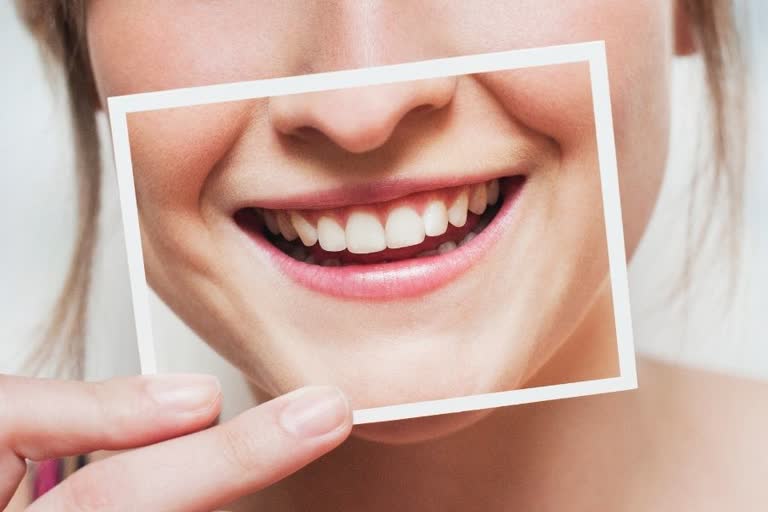Lack of a dental healthcare regime and improper eating habits are believed to be the leading cause of tooth decay. But, a study led by the American Dental Association states that genetic factors are involved in a whopping 60 percent of tooth decay cases. Oral health issues such as oral cancer, gum disease, misaligned teeth or genetic oral abnormalities can all be inherited.
Another recent study showed that poor oral hygiene produces gum-disease bacteria and accelerates oral microbiome ageing faster than previously thought. The study by the Chinese Academy of Sciences showed that within 24-72 hours of the interruption of oral hygiene, there was a steep decrease in the presence of 'good oral bacteria' and the beneficial anti-inflammatory chemicals they are associated with.
An increase of 'bad bacteria' typically present in the mouths of patients with periodontitis, a severe gum disease that can lead to tooth damage or loss, was also discovered. At the same time, most oral health issues are preventable. Following a good dental health regime and avoiding certain foods can go a long way in ensuring perfect teeth and oral health.
"Oral disease such as gingivitis can be hereditarily transferred and needs extra attention if the family has a history. Although, regardless of our genetic makeup, oral problems like cavities are preventable," said Dr. Mohender Narula, Dental expert & Co-founder, MyDentalPlan Healthcare.
Besides brushing twice a day at least for two minutes, one should also maintain proper hydration - it is both for healthy teeth and the body. "Visiting the dentist biannually is also a must. It helps in receiving targeted approaches towards oral wellness and can also recognize significant issues at a very initial stage," Narula said.
Other things affecting oral health
Besides genetics and lack of oral hygiene, some other things, according to a Pune-based Orthodontist Dr. Vishakha Nayak, that can affect one's oral health include unhealthy habits and carelessness. Following are some of them:
- Using Toothpick For Cleaning Teeth
Dr. Vishakha says that many people use toothpicks or other sharp pointed objects to clean teeth, remove the debris or remove the food stuck between teeth, which is not right. This habit can cause diseases and problems in the teeth and gums and repeated use of toothpicks can also weaken the roots of the teeth. - Sleeping With Mouth Open
The habit of sleeping with the mouth open is an invitation to several oral infections. Dr. Vishakha informs that this can cause the problem of dry mouth. She explains that the saliva in the mouth, which maintains the moisture, helps in protecting from the bacteria. But, lack of moisture in the mouth can cause problems like cavities, tooth infections and bad breath. Apart from this, sleeping with the mouth open also increases the risk of a throat infection. - Not Brushing Teeth Properly
Our expert explains that not brushing the teeth properly can lead to the accumulation of fermented carbohydrate bacteria, which begins producing Streptococcus mutans acid in the teeth, further causing damage to the tooth enamel. It can also lead to plaque formation, which can cause cavities and hence, the gums and teeth begin to become weak. All this can lead to gingivitis and periodontitis. - Using The Same Brush For A Long Time
Most people have the habit of using the same toothbrush for months, even if the brush is damaged. Dr. Vishakha says that using a worn-out brush can hurt your teeth and gums and can cause bacterial growth in the mouth. Ideally, people must change their toothbrushes after every three months.
(With inputs from IANS)
Also Read: Understanding The Basics Of Oil Pulling



